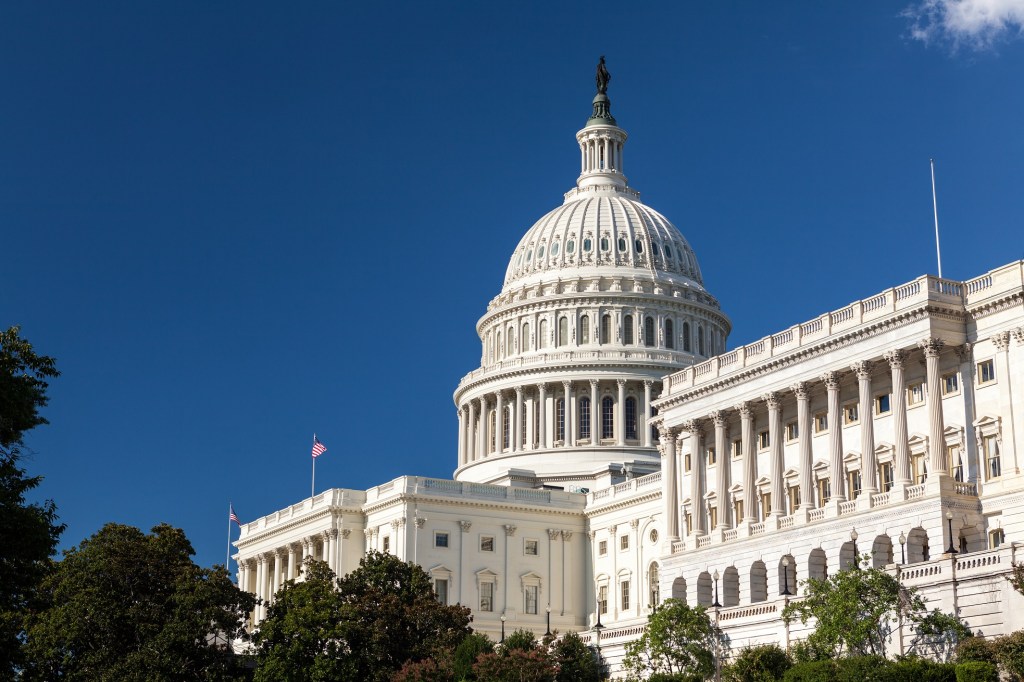The National Multifamily Housing Council (NMHC) and National Apartment Association (NAA) have released the apartment industry’s public policy priorities for 2021.
The two organizations will continue to prioritize alleviating the near-term concern of the housing crisis created by the COVID-19 pandemic as well as maintaining the stability and competitiveness of the multifamily industry.
To help meet the immediate needs created by the pandemic, NMHC and NAA are urging Congress to ensure that renters have the financial support to meet their obligations and, in turn, ensure that housing providers can pay their own bills, such as mortgages, taxes, and salaries.
Specifically, the organizations call for Congress to:
- Appropriate additional financial assistance, including dedicated emergency rental assistance, for renters to pay past due rent, stabilize their housing, and ensure the survival of housing providers;
- End federal eviction moratoriums, which “does nothing to address the underlying financial distress of renters and could have long-term implications for the stability of the housing industry,” according to the organizations; and
- Enact targeted COVID-19 liability protections for housing providers, who could face frivolous lawsuits and additional financial stress.
“The nation, and the apartment industry, as well as our residents, have never faced challenges like we endured over the past year,” said NMHC president Doug Bibby. “I am enormously proud and thankful that we have met the challenges before us with resiliency and strength. However, while there is light at the end of the tunnel, we have much work left to do. These priorities demonstrate the importance and urgency of the issues we continue to work on with policymakers of both parties to find meaningful solutions.”
For the industry as well as residents, they also will focus on additional issues that reduce operational risk and enable efficient operations, preserve affordability, and ensure the viability of rental housing providers for the long term. The apartment industry and its residents contribute $3.4 trillion to the U.S. economy annually and support 17.5 million jobs while providing homes to 40.1 million residents, according to the organizations.
“The apartment industry has shown incredible adaptability, perseverance, and grit in the face of the severe operational and financial challenges brought on by the COVID-19 pandemic,” said Bob Pinnegar, NAA president and CEO. “Housing our nation’s 40 million renters has always been, and will continue to be, the apartment industry’s top priority. To achieve this, we need lawmakers to pursue responsible and sustainable policies that support both housing providers and our residents now and in the future.”
Some of the other objectives on the public policy agenda include establishing federal incentives for local governments to remove barriers to housing development and rehab; ensuring continued ability by Fannie Mae, Freddie Mac, and the Federal Housing Administration to provide capital financing; revitalizing Section 8 housing choice vouchers; enacting federal data privacy; reauthorizing and reforming the National Flood Insurance Program; accelerating broadband deployment and bridging the digital divide; maintaining and expanding tax policy to preserve and encourage investment in multifamily; restoring federal immigration policy to ensure an adequate supply of skilled labor; and pursuing a national energy strategy.
